Posting Entries in the General Ledger
-
What Is the General Ledger?
-
Posting Entries to the General Ledger
-
Why Is Posting Important?
-
Manual vs. Software Posting
Posting Entries in the General Ledger
The General Ledger is the
central place where all financial transactions are grouped and organized by
account. According to accounting basics:
“The General Ledger is a complete record of all financial transactions over the life of a company, organized by account and used to prepare financial statements.”
In simpler words, it’s the “master book” of your business—where every transaction ends up after being recorded in the journal.
“The General Ledger is a complete record of all financial transactions over the life of a company, organized by account and used to prepare financial statements.”
In simpler words, it’s the “master book” of your business—where every transaction ends up after being recorded in the journal.
1. What Is the General Ledger?
The General Ledger (often called the “GL”) is a collection of all the accounts listed in your Chart of Accounts, each with a detailed history of what’s happened in that account. So, if your business has an account for Cash, another for Rent Expense, and another for Sales Income, each of these accounts will have its own section in the ledger showing every transaction related to it.
2. Posting Entries to the General Ledger
Posting
means transferring information from the journal to
the appropriate accounts in the General Ledger. When a
transaction is recorded in the journal, it’s later posted to the relevant
ledger accounts to reflect where money came from and where it went.
For
example, if you record a $500 rent payment in the journal, you then post:
A debit of $500 in the Rent Expense account
A credit of $500 in the Cash account
This process ensures that both sides of the transaction are updated and the accounting equation stays balanced.
A debit of $500 in the Rent Expense account
A credit of $500 in the Cash account
This process ensures that both sides of the transaction are updated and the accounting equation stays balanced.
3. Why Is Posting Important?
Posting entries to the ledger
ensures that every account has an up-to-date history of all its activity. This
is crucial for creating accurate financial reports like the Balance
Sheet and Profit & Loss Statement. Without accurate posting, your financial
records could be misleading, incomplete, or out of balance.
Also, when it’s time to do a trial balance—a summary to check if your books are balanced—the ledger is what you’ll refer to.
Also, when it’s time to do a trial balance—a summary to check if your books are balanced—the ledger is what you’ll refer to.
4. Manual vs. Software Posting
In manual bookkeeping, posting is
done by hand—writing each transaction into the correct ledger account. This
takes time and precision. In computerized or cloud-based systems,
posting is often automated. Once you enter a transaction, the software
automatically updates all relevant ledger accounts in real time.
This saves time, reduces human error, and keeps everything well-organized.
This saves time, reduces human error, and keeps everything well-organized.
Key Takeaways
✅ The General Ledger is a master record of all accounts and
their transactions.
✅ Posting means transferring transactions from the journal to their respective ledger accounts.
✅ Each account in the ledger shows its complete financial history.
✅ Accurate posting is key for preparing correct financial statements.
✅ Software can automate the posting process, saving time and ensuring accuracy.
✅ Posting means transferring transactions from the journal to their respective ledger accounts.
✅ Each account in the ledger shows its complete financial history.
✅ Accurate posting is key for preparing correct financial statements.
✅ Software can automate the posting process, saving time and ensuring accuracy.
Write your awesome label here.
Access all Accounting and Bookkeeping Courses from One Portal.
Mastering Bookkeeping and Accounting
MBA simplifies accounting, ledger management, account balancing and financial statement preparation.
QuickBooks Online For Bookkeepers
From Beginner to Expert: Master QuickBooks Online. Effortlessly Navigate, Analyze Transactions, and Unlock its Full Potential.
Xero Accounting For Bookkeepers
Learn how to use Xero, the leading online accounting software to perform most of the essential bookkeeping tasks.
ChatGpt for Bookkeepers and Accountants
Learn how to use the ChatGPT prompt toolkit to simplify daily accounting tasks for accountants and bookkeepers instantly.
Write your awesome label here.
Access all Accounting and Bookkeeping Courses from One Portal.
Mastering Bookkeeping and Accounting
MBA simplifies accounting, ledger management, account balancing and financial statement preparation.
QuickBooks Online For Bookkeepers
From Beginner to Expert: Master QuickBooks Online. Effortlessly Navigate, Analyze Transactions, and Unlock its Full Potential.
Xero Accounting For Bookkeepers
Learn how to use Xero, the leading online accounting software to perform most of the essential bookkeeping tasks.
ChatGpt for Bookkeepers and Accountants
Learn how to use the ChatGPT prompt toolkit to simplify daily accounting tasks for accountants and bookkeepers instantly.
Subscribe to our newsletter
Stay informed with the latest accounting tips, tools, and updates from Accountutor right in your email inbox.
Thank you!
Policy Pages
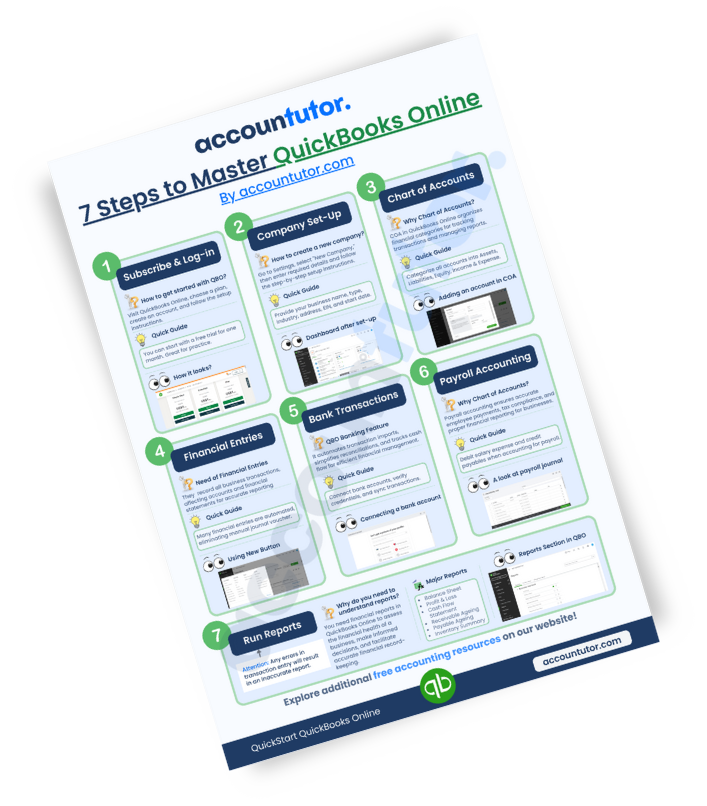
Download QuickBooks Online PDF Guide
Thank you!
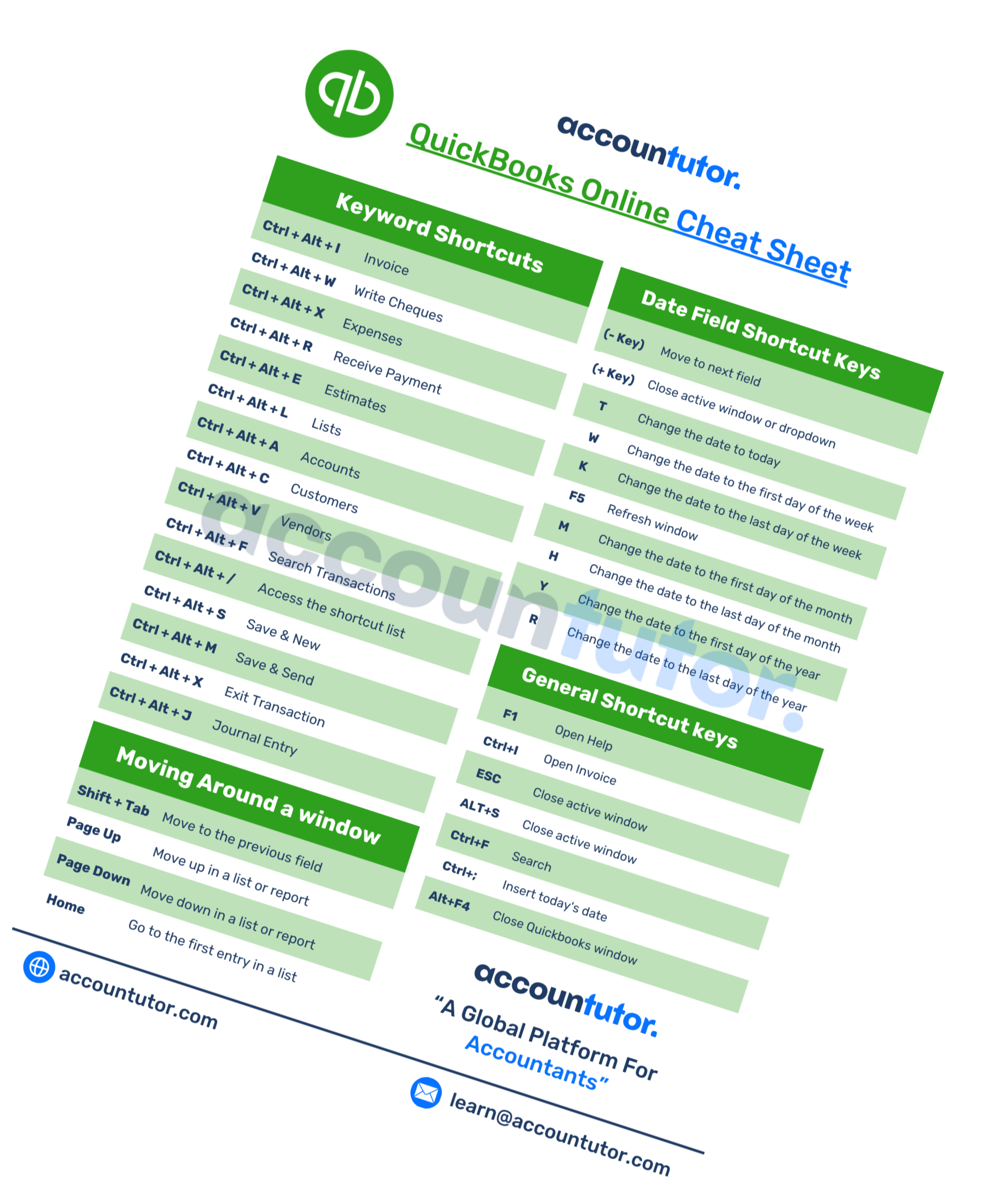
Download QuickBooks Online Cheat Sheet
Thank you!
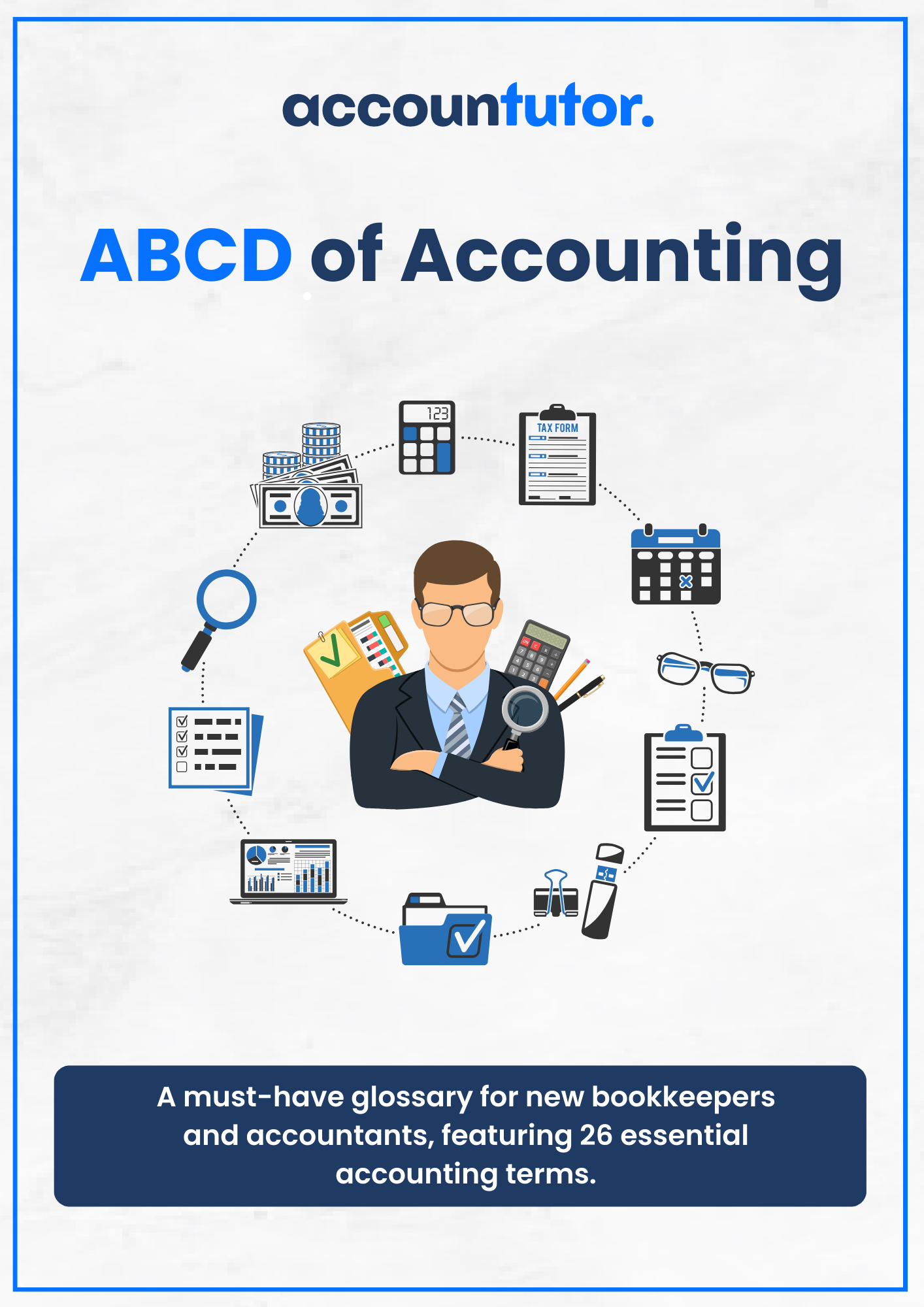
Download ABCD of Accounting
Thank you!
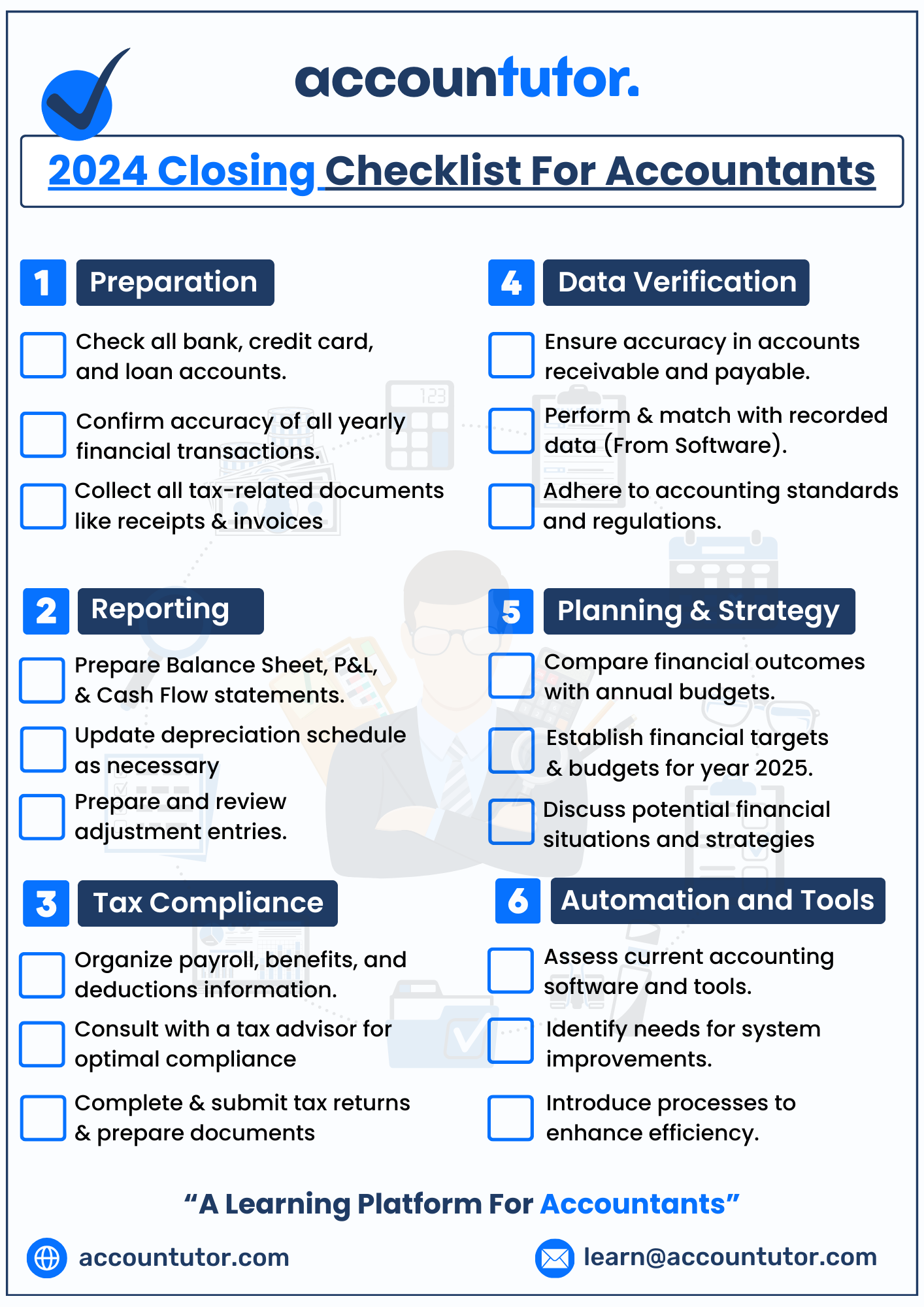
Download Checklist 2024
Thank you!
Register For Free!
Thank you!
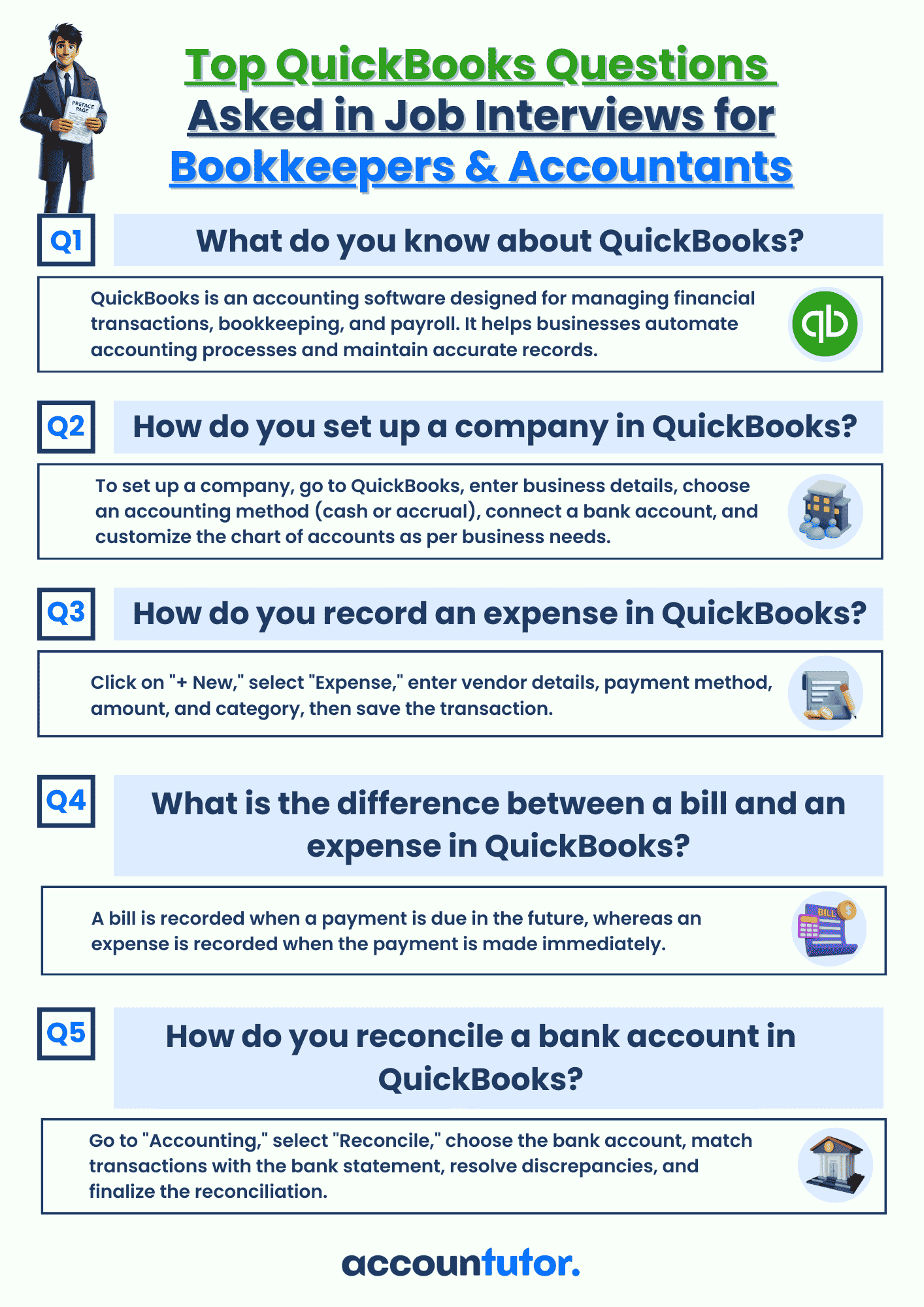
Download Interview Questions
Thank you!
Register for this webinar: How to Master QuickBooks Online— Without Feeling Overwhelmed
7th JUNE 2025 | 8:00 AM PST | 11:00 AM EST
Thank you! The joining link will be sent to your email shortly!
Webinar joining link will be sent to your email address.
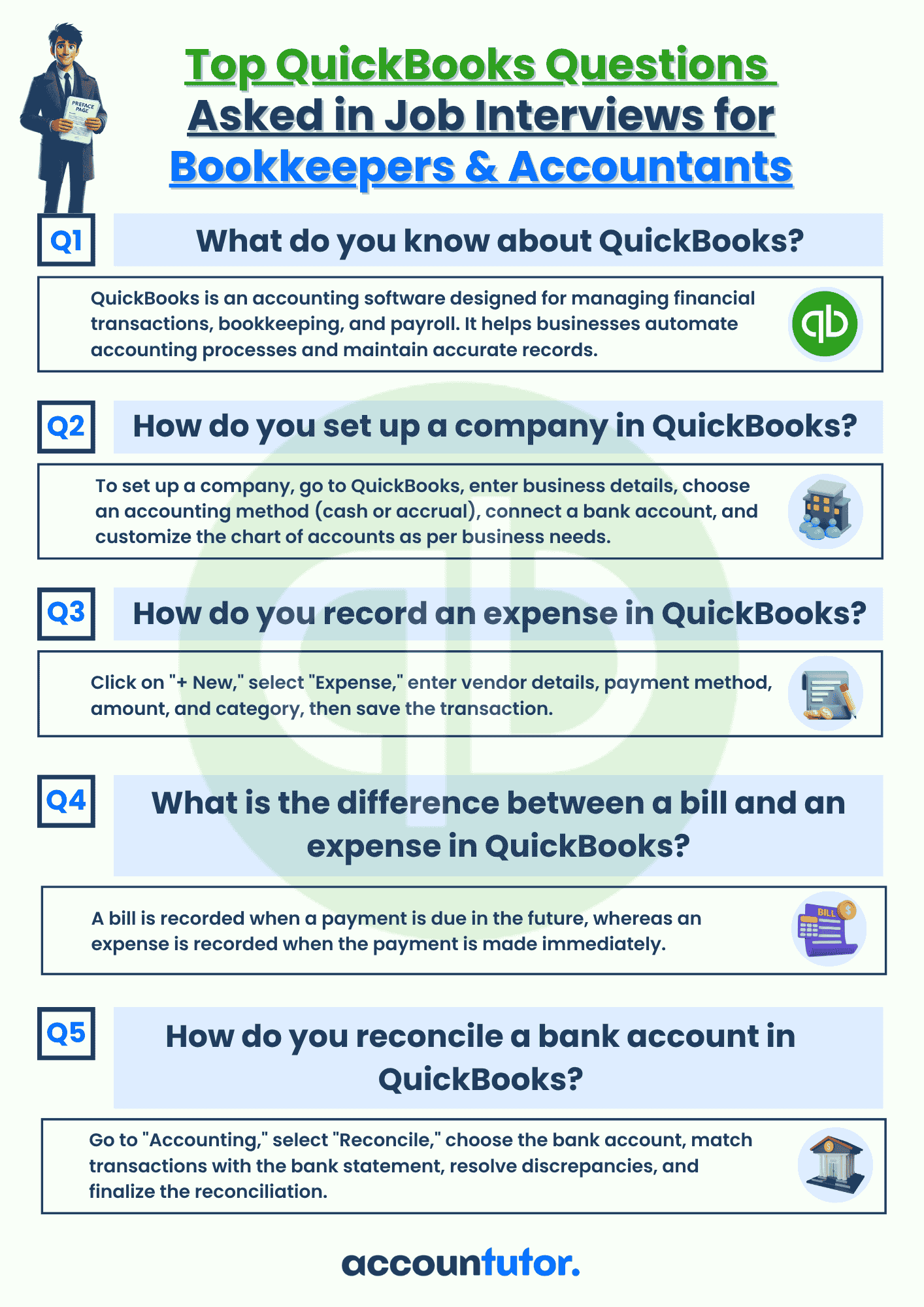
Download QBO Job Interview Questions and Answers PDF
Thank you!
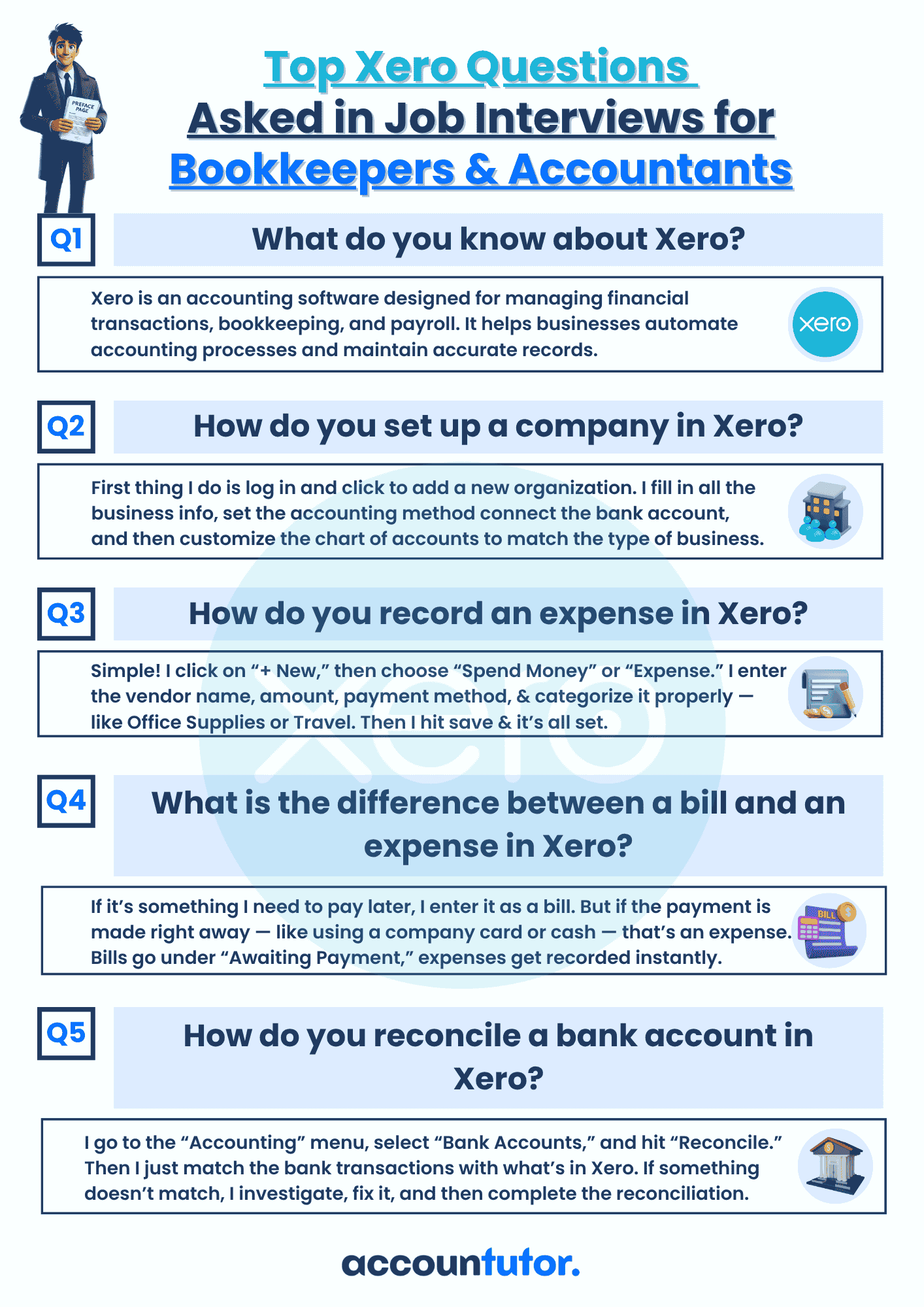
Download Interview Questions
Thank you!

Download 50 Interview Questions For Bookkeepers
Thank you!

Download QuickBooks Online Guidebook
Thank you!

